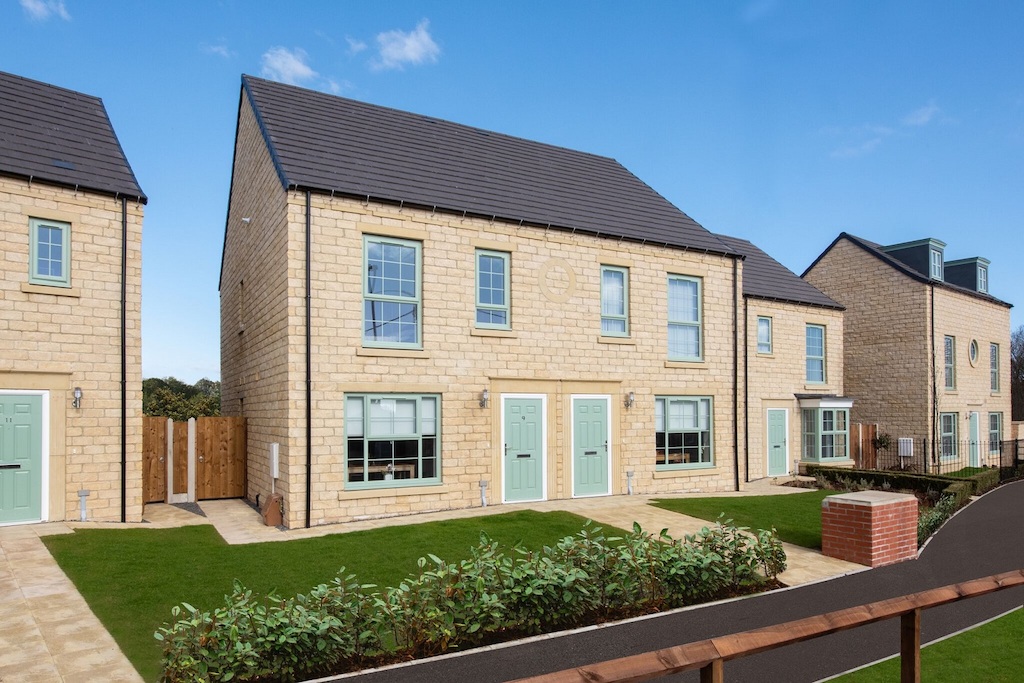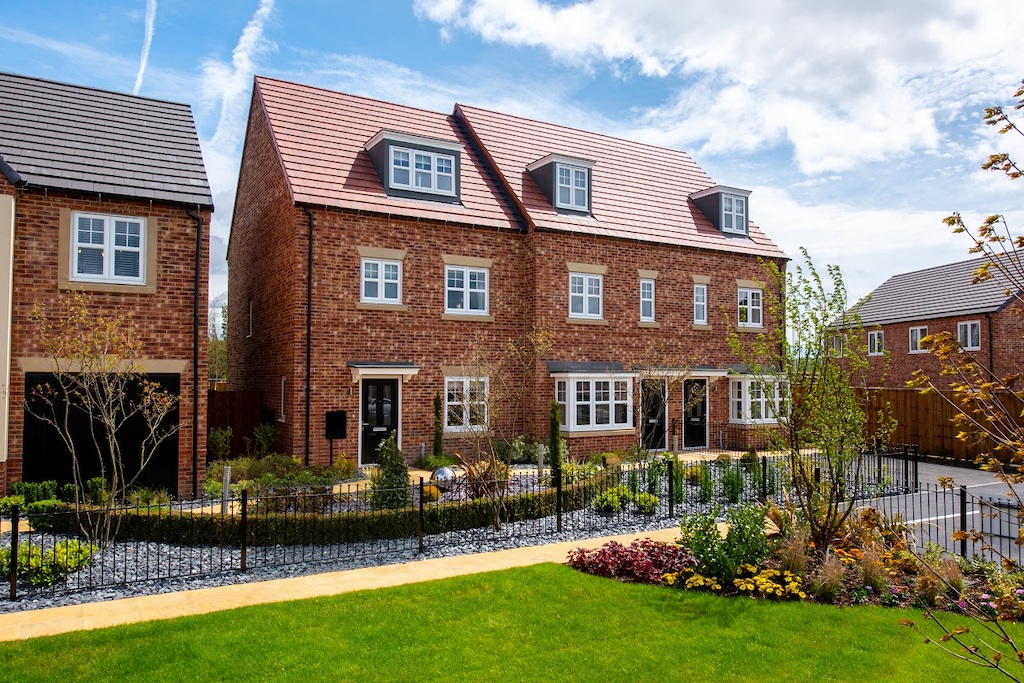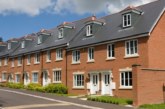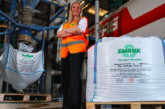Last autumn saw the launch of a new report which shows which sustainable building features people value most, and reveals some surprising results about what the younger generations want. Nigel Greenaway, chief executive officer of Tilia Homes, comments.
Sustainability: The Resident Perspective, by residential property review site HomeViews in partnership with EE, serves to demonstrate which sustainable building features people value most and has revealed some surprising results on what the younger generations want when it comes to new homes.
While the new data shows that the majority (72%) value sustainable building features such as energy saving measures and smart tech, the importance of these eco-items is valued lower amongst the youngest people polled!
Just under two thirds (65%) of 18–25-year-olds say sustainable features are important to them, compared to 85% of over-65s – highlighting a 20% disparity between the two and a puzzling realisation about the very group who has much more at stake in respect of climate concerns.
We were surprised to see sustainable features reported as being less important to younger generations. We know that Generation Z (Gen Zers) have been credited as the Sustainability Generation, going further with their eco-purchasing decisions than Millennials, Generation X or Baby Boomers. Energy efficiency is certainly a top consideration when buying a new home and something we’re hearing daily from customers, young and old.
Yet even the HomeViews report acknowledges that six out of 10 buyers underestimate the energy (and cost) savings attached to new build homes. Those who purchase a new build can expect to save an annual average of £2,000 on energy bills when compared with a similar size older property, according to a report, Watt a Save, published by the Home Builders Federation.
The report suggests that the average annual running cost for a new home totalled, at the time of publication, just £1,500 (compared with £3,570 for an existing home), which is extremely welcome news for first-time buyers trying to weigh up the affordability of becoming a homeowner.
New build homes perhaps offer more compelling factors for first-time buyers than its carbon footprint, such as no upward chain, a fresh canvas to make their own, or no need for repair or renovation. However, younger generations should not overlook the financial benefits accrued with buying new.
Given the economic challenges facing younger first-time buyers when making that first crucial step on the property ladder, Gen Zers should be cognisant of the fact that modern, new build homes boast environmental benefits unparalleled in today’s property market.
Cost savings aside, we all have a duty of care to our planet and our future generations to live more sustainably. While sustainable features may not be a top consideration for Gen Zers now, it surely will be once they either start a family and look to their children’s future, or simply look to sell at a later stage and find buyers demanding more environmentally from the second-hand homes which they seek to purchase.











